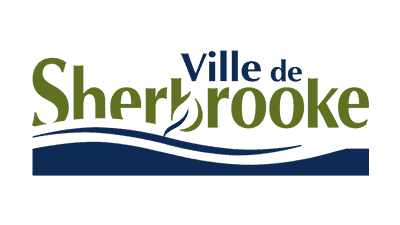Sherbrooke is a city of the Canadian province of Quebec, located in the southern part of the province. The city is situated at the heart of the Estrie administrative region at the confluence of the Magog and Saint-Francois rivers. It has a population of 161,323, based on the 2016 Canadian population census. The city is the sixth largest in the province and the thirtieth largest in Canada. Its metropolitan area has a population of 212,105, which makes it the fourth largest metropolitan area in Quebec and the ninth largest in Canada. The city and its metropolitan area have land areas of 367.1 and 1,459.61 square kilometers and population densities of 456 and 145.3 per square kilometers.
From 2011 to 2016, Sherbrooke’s population grew from by 4.3% from 154,600 to 161,323. The city has been a center for manufacturing activities since the 19th century. Today, Sherbrooke is the economic center of Estrie and also the cultural, academic and industrial hub in Quebec. The city’s largest employers (as of 2010) were Université de Sherbrooke, Centre hospitalier universitaire de Sherbrooke, and Commission scolaire de la Région-de-Sherbrooke, with 6,000, 5,511, and 3,050 employees respectively.
Sherbrooke has several festivals, events, and concerns, especially during the summer. Examples include Sherblues & Folk, the Fête du Lac des Nations, and the Festival des traditions du monde. It also has the fourth largest theatre in Quebec, the Maurice O'Bready University Cultural Centre of Sherbrooke.
To learn more about Sherbrooke, click here.


